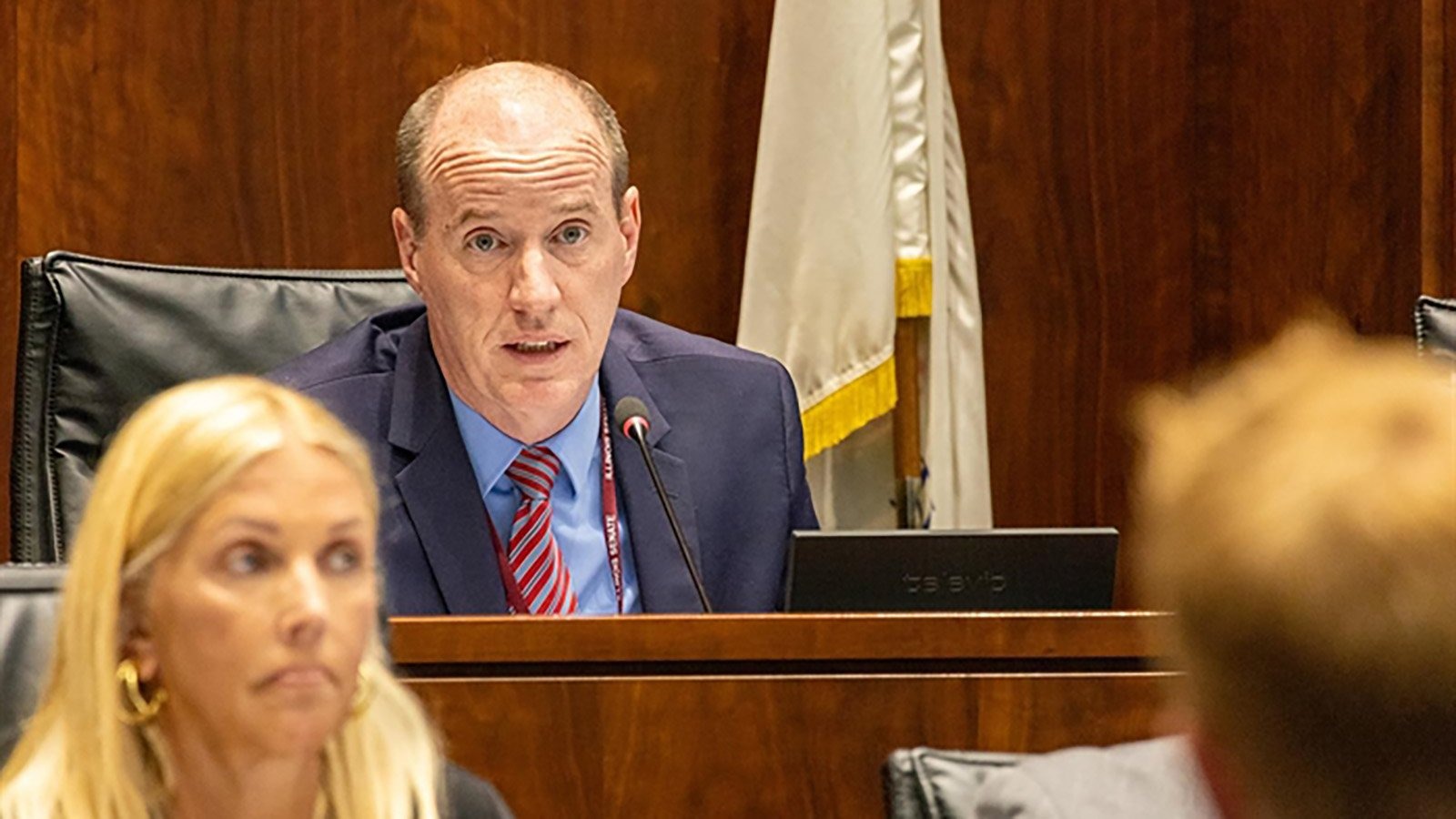Two bills to regulate battery disposal and storage in Illinois have received unanimous approval from a committee and are now awaiting action from the full Illinois Senate.
Senate Bill 3481, introduced by Sen. Sara Feigenholtz of Chicago, requires facilities storing electric vehicle (EV) batteries to register with the Illinois Environmental Protection Agency (IEPA) by February 2026. The state’s Pollution Control Board would establish regulations for proper battery storage.
IEPA Deputy Director James Jennings compared this requirement to the existing state program for used tires, emphasizing the importance of proper storage to prevent fires, especially since specific battery storage locations do not accept tires and have historically been more prone to fires.

Sen. Sue Rezin expressed concerns about fire safety, citing a fire in Morris on June 29, 2021, caused by lithium batteries, which prompted intervention from the United States Environmental Protection Agency.
Witnesses at a committee hearing earlier in the month stated that registered and regulated facilities following proper storage procedures would help minimize fire risks.
Senate Bill 3686, sponsored by Sen. Dave Koehler of Peoria, mandates battery producers and importers to implement an IEPA-approved battery stewardship plan starting in 2026.
Retailers would be encouraged to serve as collection facilities, though not required. The plan covers the disposal, storage, and recycling of removable and portable batteries, excluding specific types like liquid electrolyte batteries and lead-acid batteries used in cars.

The bill also regulates “medium-format” batteries based on their weight and watt-hours. Producers would implement the program, with the IEPA overseeing and approving the plans.
Producers would pay a $100,000 annual fee to cover agency expenses, which could be used to establish community battery recycling centers in the future. Producers and retailers are prohibited from charging consumers point-of-sale fees to cover program costs. Sen. Koehler highlighted the importance of recycling materials from returned batteries to prevent them from ending in landfills.
Christina Seibert, executive director of the Solid Waste Agency of Northern Cook County, mentioned that collection facilities would be conveniently located within 15 miles of most residents, and mail-back programs could also be part of the collection plans. Storage and recycling locations would be determined and approved by the IEPA in each stewardship plan.


